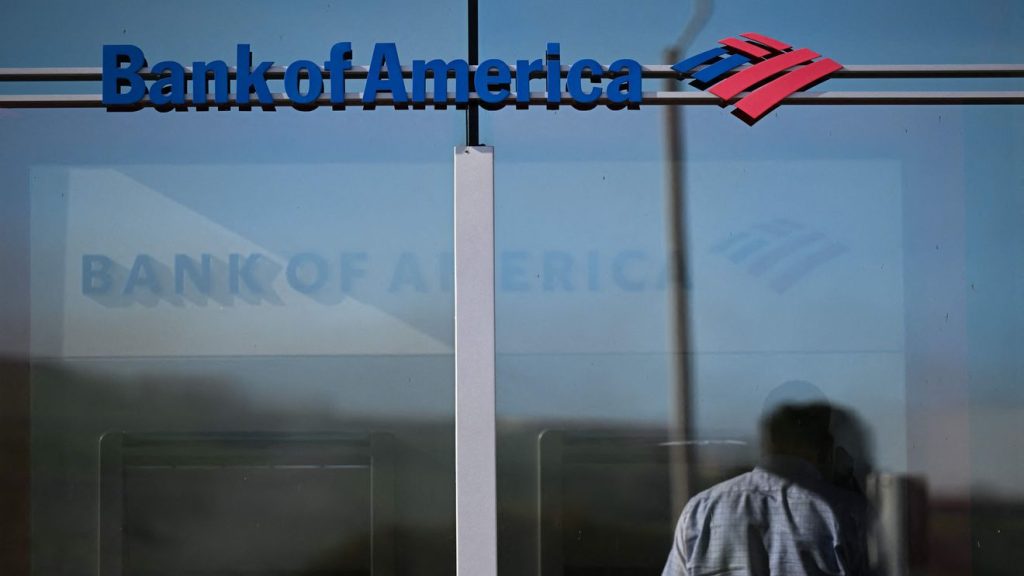By Saqib Iqbal Ahmed
NEW YORK (Reuters) -The U.S. dollar touched a one-week high against a basket of currencies on Friday, extending its gains from the previous session when hot U.S. consumer prices data reinforced expectations that the Federal Reserve may have to keep interest rates higher for longer.
The consumer price index (CPI) rose 0.4% in September, keeping the annual rate at 3.7%, the same as in August, while economists polled by Reuters had forecast it would gain 0.3% on the month and 3.6% year-on-year.
Data on Wednesday had shown U.S. producer prices increased more than expected in September amid higher costs for energy products and food.
“Traders didn’t really believe in the hot PPI for September until CPI yesterday reinforced it,” Helen Given, FX Trader at Monex USA, said.
“I see yesterday’s big USD move as a correction to the under-reaction to PPI Wednesday,” Given said.
The , which measures the U.S. currency against six of its major peers, ticked up 0.11% to 106.63. The index, which jumped 0.8% on Thursday, its biggest one-day rise since March 15, is on pace to finish the week up 0.5%.
The dollar was also helped by safe-haven buying driven by the escalating Middle East conflict as Israel urged civilians to leave the northern Gaza Strip.
“Our sense is that the greenback’s renewed strength in large part also reflects growing economic and geopolitical uncertainty in the wake of the new war between Hamas and Israel,” Jonas Goltermann, deputy chief markets economist at Capital Economics, said in a note.
Commentary from Fed speakers is likely to keep the dollar supported.
Federal Reserve Bank of Philadelphia President Patrick Harker said Friday he believes the central bank is likely done with rate hikes amid an ongoing waning in price pressures, while flagging the uncertainty of how long rates will need to remain elevated.
Data on Friday showed U.S. consumer sentiment deteriorated in October, with households expecting higher inflation over the next year, but labor market strength was likely to continue supporting consumer spending.
Thursday’s boost to the greenback saw the yen head back toward the sensitive 150 level it briefly touched last week before strengthening sharply, which led some to believe authorities were intervening in the currency market.
The Japanese yen was last up 0.21% at 149.5 per dollar, with traders on guard for any signs of weakness.
“The risk of intervention is clearly high and that is constraining dollar-yen, which would otherwise be higher,” said Adam Cole, chief currency strategist at RBC.
Sweden’s crown edged up against both the dollar and euro after consumer price data came in higher-than-forecast, adding to risks that the Riksbank could raise rates further.
Investors also digested producer and consumer prices data out of China on Friday that showed deflationary pressures were slightly stronger than expected.
The offshore was flat at 7.3114 per dollar.
The Australian dollar, which often trades as a proxy for Chinese growth, was last down 0.23% at $0.6299.
The Canadian dollar edged higher against its U.S. counterpart on Friday as the price of oil, one of Canada’s major exports, moved sharply higher and investors raised bets on another Bank of Canada interest rate hike later this month. [CAD/]
Read the full article here







